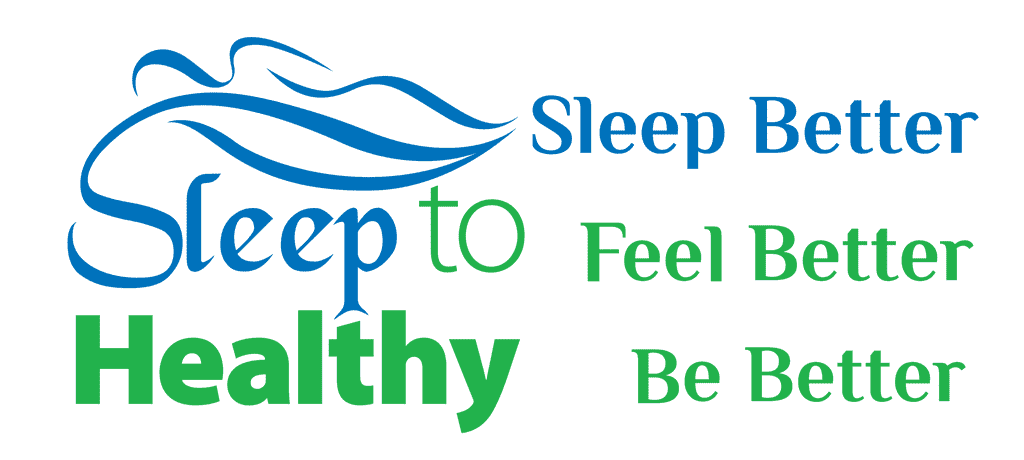Click title to see more…
Recommended: Go To: Lesson 2 Website for the complete & free “Cure Your Insomnia” course and better web experience. Contact Dennis: Voice message or text: 408-990-3882 or dennis@sleeptohealthy.com
Summary:
- Definition of Sleep: A mental and physical state that differs from your awake condition: You are less responsive to stimulus from the environment, your thoughts are inward focused rather than focused on the world around you. Sleep and your health.
- Sleep is an active condition: Memories are reinforced or clipped off, emotions are processed, complex tasks are reinforced, growth hormones are released and toxins in your brain flushed out. Sleep and your brain.
- You feel and function better after a good sleep. Sleep and your heart.
- Most benefits of sleep are to the brain, not the body. And so sleep and your health is not so important. Many things impact your well being and sleep is but one of many factors.
- Genetics decide the amount of sleep you need. Trying to get 8 hrs sleep is like inisting on a size 9 shoe because that is the average shoe size. Evaluate your sleep by how well you feel and function and how sleepy you are.
- Sleep is controled by 2 processes: Sleep pressure that builds up slowly while you are awake and your circadian rhythm which determines your alertness level and controls getting into and out of sleep. Sleep and your brain.
- Sleep triggers such as Low light levels, calm thoughts and activities prepare your brain to switch to sleep.
- Our sleep system has evolved over millions of years and is deeply embedded and is almost impossible to “break”.
- Your brain’s prefrontal controls planning and analyzing. It may create stressful thoughts in you that hinder sleep.
- There are 4 sleep stages: N1, N2, N3 and REM. Most sleep is N2, deep sleep is N3 and dreaming sleep is REM or Rapid Eye Movement sleep.
It is normal to have many night time awakenings every night.
Assignment:
- Start monitoring your sleep with a sleep journal. Find one you like (see links), print it off and start using it.
- Also consider a written journal where you write out your thoughts about sleep. See the example.
- Contact Dennis with any questions or comments about this course: Voice message or text: 408-990-3882 or dennis@sleeptohealthy.com
Links:
National Sleep Foundation Simple Sleep Log
National Sleep Foundation Complete Sleep Diary
American Academy of Sleep Medicine 2 week Sleep Diary
American Psychological Association Sleep Diary
Example of written journal to record thoughts and ideas about sleep



Sleep To Healthy Thoughts